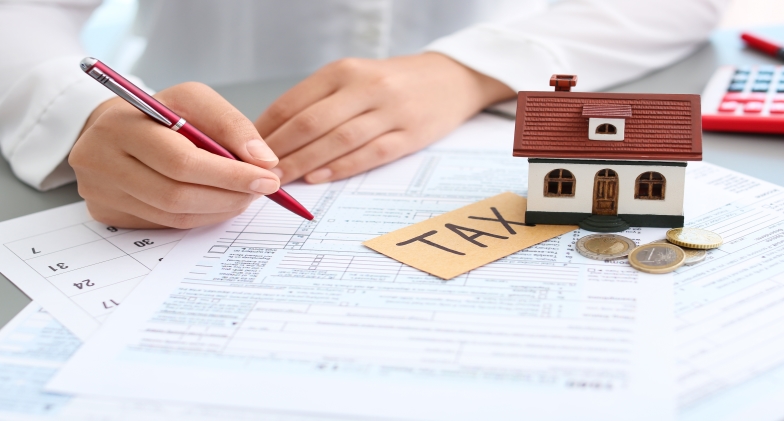Renting an apartment is a common housing choice for many individuals and families and finding that perfect apartment for rent near me can lead to tax benefits. While it offers flexibility and convenience, one question that often arises is whether renters can claim tax deductions. Unlike homeowners who benefit from mortgage interest deductions and property tax write-offs, renters have a different set of tax considerations. In this article, we’ll explore what you can and can’t claim in terms of tax deductions when you’re renting an apartment.
Understanding the Basics
Before we delve into specific deductions, it’s essential to understand the fundamental principles of tax deductions for renters:
1. No Mortgage Interest Deduction
One of the most significant differences between renters and homeowners is the absence of a mortgage interest deduction for renters. Homeowners can deduct the interest paid on their mortgage loans, which can lead to substantial tax savings. Unfortunately, renters don’t enjoy this benefit because they don’t have a mortgage.
2. No Property Tax Deductions
Another advantage homeowners have over renters is the ability to deduct property taxes from their federal income taxes. Renters, on the other hand, don’t pay property taxes directly, so they can’t claim this deduction.
3. Possible State-Level Benefits
While federal tax deductions for renters are limited, some states offer local tax credits or deductions for renters. Be sure to check your state’s tax laws to see if there are any renter-specific deductions or credits available to you.
What Renters Can Deduct
While renters may not have access to the same tax deductions as homeowners, there are still some deductions they can claim:
1. State and Local Income Taxes
If you itemize your deductions, you can deduct state and local income taxes on your federal tax return. This deduction can be particularly valuable if you live in a state with high income taxes. Keep in mind that you can’t deduct both state and local income taxes and state and local sales taxes in the same tax year, so choose the one that provides the most benefit.
2. Moving Expenses
If you moved to a new location for work-related reasons and your new job is at least 50 miles farther from your old home than your previous job location, you may be eligible to deduct your moving expenses. This can include costs related to packing, transportation, and temporary lodging. However, there are specific requirements you must meet to qualify for this deduction.
3. Home Office Deduction
If you use part of your rented apartment exclusively for business purposes, you may be eligible for a home office deduction. To claim this deduction, you must meet specific criteria and maintain a dedicated workspace used solely for your business or work-related activities.
4. Casualty Losses
If your personal property within your rented apartment is damaged or destroyed due to a sudden, unexpected event like a natural disaster, you may be able to claim a casualty loss deduction. Keep detailed records of the damage and any insurance reimbursements.
What Renters Can’t Deduct
There are several expenses that renters cannot deduct on their federal tax returns:
1. Rent Payments
Unlike mortgage interest payments for homeowners, rent payments are not deductible on your federal income tax return. Even though rent is one of your most significant monthly expenses, you won’t receive any tax relief for it at the federal level.
2. Utilities
Expenses for utilities such as electricity, gas, water, and internet are not tax-deductible for renters. While these costs can be substantial, they are considered personal living expenses and are not eligible for tax deductions.
3. Rental Insurance
While it’s advisable to have rental insurance to protect your personal belongings, the cost of rental insurance premiums is not tax-deductible on your federal tax return. However, having rental insurance can provide valuable protection in case of unexpected events.
4. Repairs and Maintenance
Expenses related to repairs and maintenance of your rented apartment are not tax-deductible. Whether you’re fixing a leaky faucet or repainting the walls, these costs are considered part of normal living expenses.
Conclusion
While renters don’t enjoy the same tax benefits as homeowners, there are still some deductions they can claim. Understanding what you can and can’t deduct as a renter is essential for maximizing your tax savings. Be sure to keep accurate records of any eligible expenses, consult with a tax professional, and stay informed about any changes in tax laws that may affect renters in your state. By taking advantage of the deductions available to you, you can make the most of your financial situation while renting an apartment.

